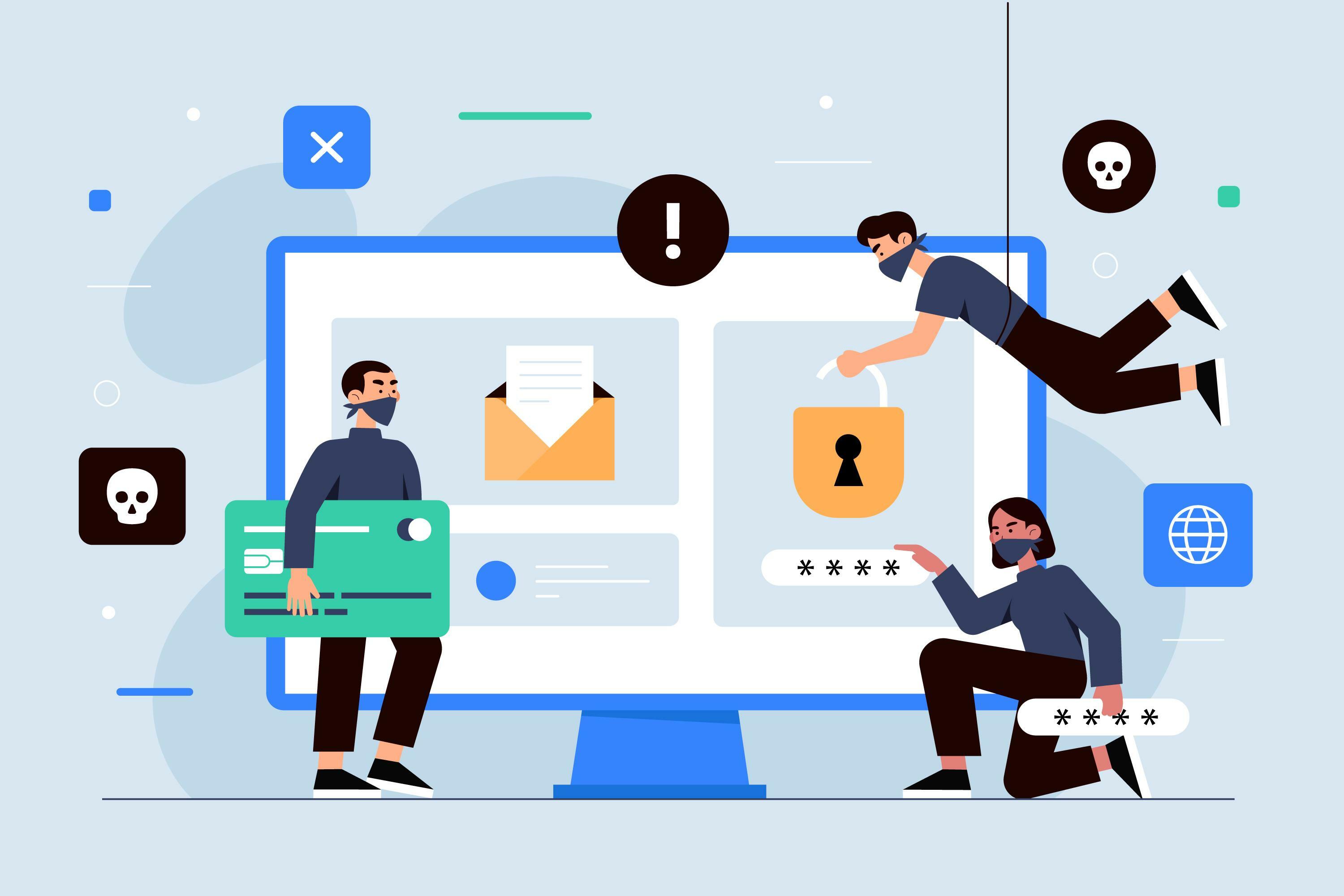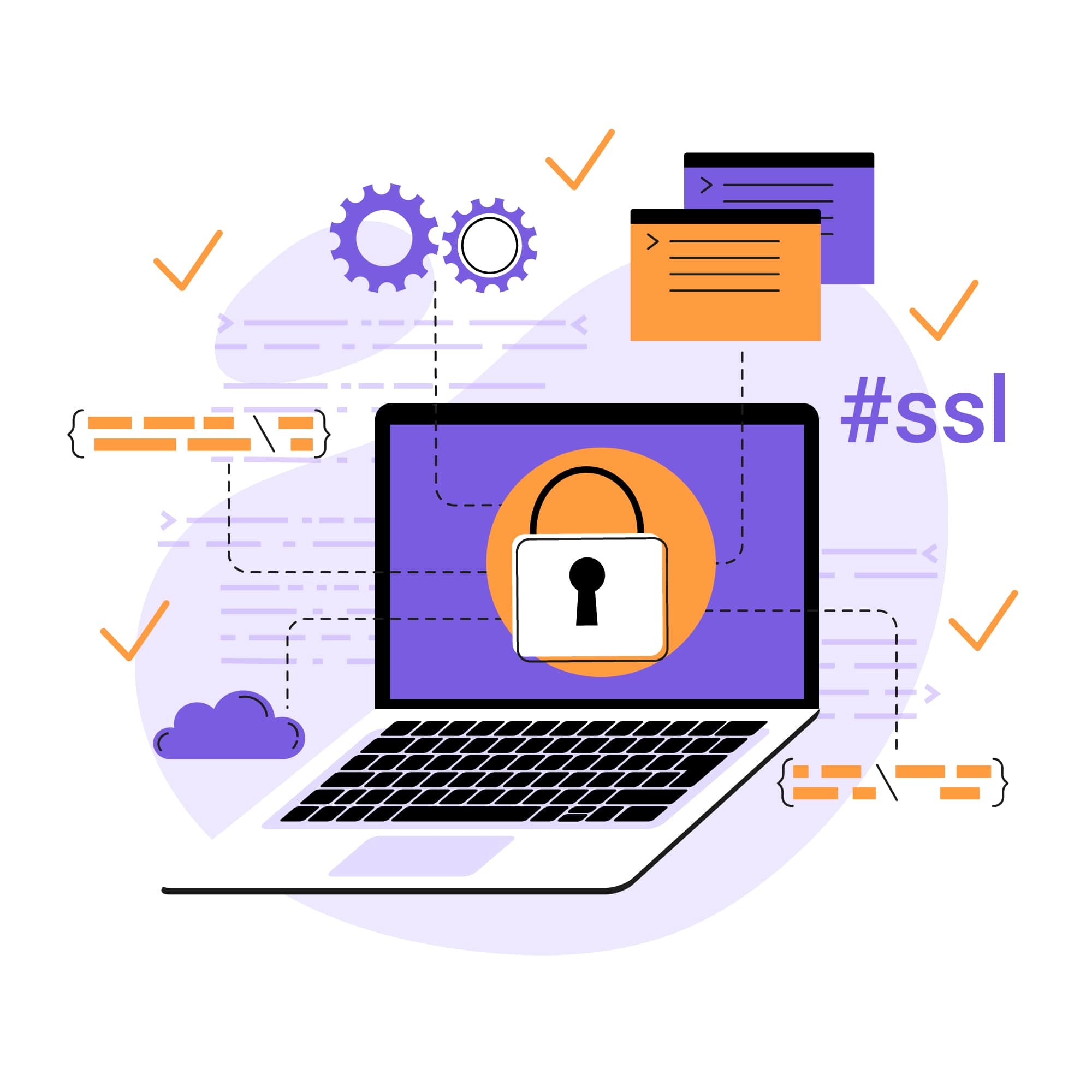
Secure Cloud Hosting And Storage For Your Business
When an organization decides to start using secure cloud hosting storage solutions, one of the first questions that usually comes up is how to secure data that is loaded to the cloud. In this post, we’ll explore secure cloud storage for business, and what you should be looking for to keep your data safe.
Secure Cloud Hosting – What To Look For
At a minimum, when shopping for secure cloud storage for business, you should be looking at:
- How much support the cloud service provider (CSP) can/will provide
- Levels of encryption
- Speed (both in terms of accessibility and in upload/download times)
- Their experience working with companies like yours
- The cost for the services and support offered
- Note: cheaper is not always better, but more expensive doesn’t necessarily mean more secure either
Types Of Secure Cloud Hosting Environments
There are three basic environment types of secure cloud hosting:
- Private: in-house
- Public: built and managed via a third-party, and
- Hybrid: a combination of public and private
The type of secure cloud storage for business you choose will depend largely on time and resources and the availability of space and personnel to build and maintain storage servers. Because of these factors, many companies choose to partner with third parties to help them with their secure cloud hosting solutions.
Common business models that provide secure cloud hosting include, but aren’t limited to, software as a service (SaaS), platform as a service (PaaS), and infrastructure as a service (IaaS). Learn more about these business models, and environment types in our post “What is Cloud Security?”
Additional Ways For Keeping Cloud Data Secure
How to secure data is not just about the CSP you’re using, but also how you use it. For example, if you have a single login for everyone on your team to use, that’s not very secure. But, if all of your team members have their own credentials, and each person is given only the access they need to specific files, it’s significantly more secure. When using secure cloud hosting it’s a good idea to:
- Require strong passwords and multi-factor authentication
- Only give the users that need access the clearance to view the data most relevant to them
- Utilize a web application firewall (WAF) when accessing your secure cloud hosting to block malicious traffic
- Encrypt data before you load it
- Backup data off-site regularly
- Use website scanning tools
It’s often said that the best defense is a good offense. And, when you have security top of mind, you’re miles ahead of companies who don’t proactively take steps to secure their data.
Would you like to help your users answer the question of how to secure data, as well as give them solutions to their other security needs while scaling your revenue with ease? Learn more about a partnership with SiteLock today.





